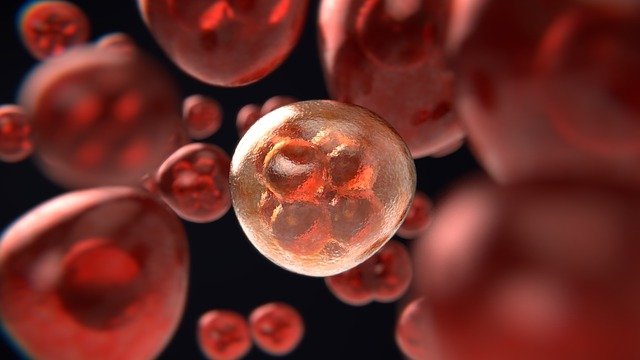Summary of the Evidence for Cannabis and Cannabinoids
To assist readers in evaluating the results of human studies of integrative, alternative, and complementary therapies for people with cancer, the strength of the evidence (i.e., the levels of evidence) associated with each type of treatment is provided whenever possible. To qualify for a level of evidence analysis, a study must Be published in a peer-reviewed scientific journal, report on therapeutic outcome or outcomes, such as tumor response, improvement in survival, or measured improvement in quality of life. describe clinical findings in sufficient detail for a meaningful evaluation to be made.
Separate levels of evidence scores are assigned to qualifying human studies on the basis of statistical strength of the study design and scientific strength of the treatment outcomes (i.e., endpoints) measured. The resulting two scores are then combined to produce an overall score. An overall level of evidence score cannot be assigned to cannabinoids because there has been insufficient clinical research to date. For an explanation of possible scores and additional information about levels of evidence analysis of CAM treatments for people with cancer, refer to Levels of Evidence for Human Studies of Integrative, Alternative, and Complementary Therapies.
Several controlled clinical trials have been performed, and meta-analyses of these support a beneficial effect of cannabinoids (dronabinol and nabilone) on chemotherapy -induced nausea and vomiting (N/V) compared with placebo. Both dronabinol and nabilone are approved by the U.S. Food and Drug Administration for the prevention or treatment of chemotherapy-induced N/V in cancer patients but not for other symptom management.
There have been ten clinical trials on the use of inhaled Cannabis in cancer patients that can be divided into two groups. In one group, four small studies assessed antiemetic activity but each explored a different patient population and chemotherapy regimen. One study demonstrated no effect, the second study showed a positive effect versus placebo, the report of the third study did not provide enough information to characterize the overall outcome as positive or neutral. Consequently, there are insufficient data to provide an overall level of evidence assessment for the use of Cannabis for chemotherapy-induced N/V. Apparently, there are no published controlled clinical trials on the use of inhaled Cannabis for other cancer-related or cancer treatment–related symptoms.
An increasing number of trials are evaluating the oral / mucosal administration of Cannabis plant extract with fixed concentrations of cannabinoid components, with national drug regulatory agencies in Canada and in some European countries that issue approval for cancer pain. At present, there is insufficient evidence to recommend inhaling Cannabis as a treatment for cancer-related symptoms or cancer treatment–related symptoms or cancer treatment-related side effects; however, additional research is needed. Updated: November 30, 2017.

